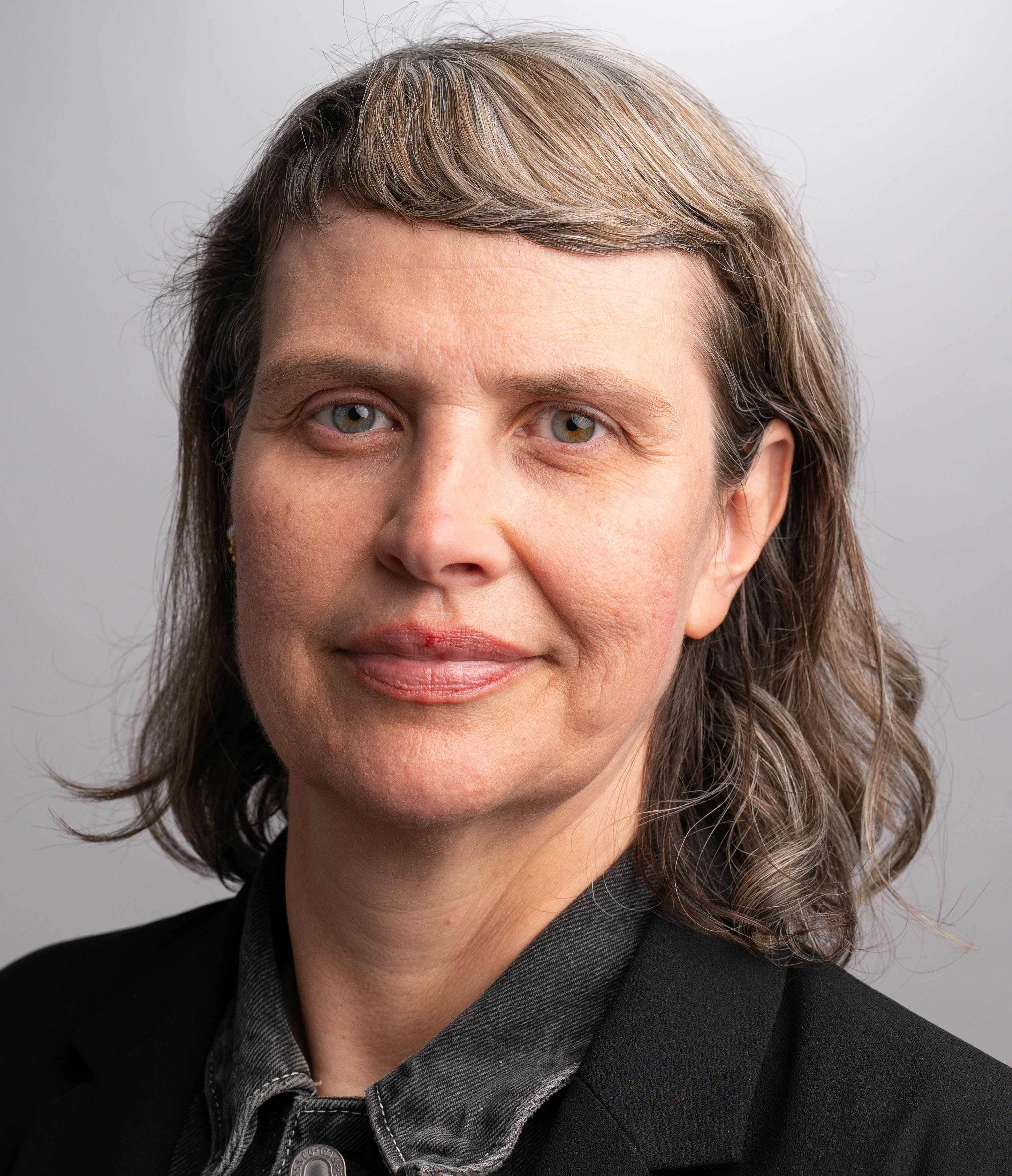Running Kazakhstan’s largest bank, Halyk Bank, for the past 14 years has its advantages. For CEO Umut Shayakhmetova, it has given her a deep understanding of the bank’s processes and internal compliance procedures. She also knows most of the bank’s biggest customers by name.
“I’m not certain about other [banking] CEOs, but I’m used to being deeply involved in the processes,” she says, speaking on the sidelines of the recent European Bank for Reconstruction and Development annual meeting in Samarkand, Uzbekistan. “Maybe that’s because I’ve stayed at the bank for quite a long time; therefore, I know our clients rather well. I have a profound understanding of our internal procedures and — to be honest — I’ve been through different situations.”
That kind of insider knowledge comes in handy when your compliance burden increases tenfold overnight due to Russia’s war in Ukraine. As Kazakhstan is a major trading partner of Russia’s and Halyk is the country’s largest bank, Ms Shayakhmetova says the war in Ukraine applied huge pressure on Halyk Bank in terms of providing more information to investors, rating agencies and external auditors about how it was complying with international sanctions against Russia.
I’m not certain about other CEOs, but I’m used to being deeply involved in the processes
“They wanted to know what we did and how we changed our procedures because we had to rebuild our compliance services,” she says, reeling off a list of measures the bank put in place. “We strengthened our compliance and currency control departments with more specialists. We introduced new internal procedures for validating payments and new customer accounts, and thoroughly audited our checks to establish the ultimate beneficiary owners of these companies”
Having spent the past 14 years building the bank’s international standing among investors and rating agencies — Halyk is one of only two Kazakh banks listed on the London Stock Exchange (the other being Kaspi) — she could not let the war negatively impact the bank’s reputation.
Reputation is everything
“We actually switched to a manual review of certain currency contracts and international payments,” explains Ms Shayakhmetova. “Regarding corporate relationships, first of all, it depends on the ultimate beneficiary owner and the nature of the business or company. We are explicitly demanding towards our clients; [we do not] compromise our extensive business in Kazakhstan because we cannot afford to lose our reputation.”
Last year also saw Halyk Bank sell its 100% share in its Russian subsidiary, Moskommertsbank. While the sale followed a thorough review of its Russian business, Ms Shayakhmetova says she did not want to risk the bank’s Kazakh business by continuing to operate in Russia. “We saw the business shrinking because we ceased relations with certain clients in Russia and the bank was becoming marginal. We sold it at a loss, but that’s the price of the whole situation.”
Halyk Bank’s overall loss was $41m and $1m on its sale of Moskommertsbank and the Tajik subsidiary, respectively. Ms. Shayakhmetova says Halyk stepped away from the Tajik market because the business was fading. “It required a lot of management efforts from us and there was little prospect of growing our business to a valuable level.”
Ms Shayakhmetova joined Halyk Bank in 2004 as deputy CEO of corporate banking before being appointed CEO in 2009. In those days, the bank was ranked fourth in the country by assets, and the banking sector was riddled with high levels of non-performing loans and bankruptcies among corporate and retail clients. “There was no liquidity in the bank; naturally, we had several challenges to overcome,” she recalls, crediting the proficiency of her team and management with making the bank what it is today.
When we see that a person is going to register a marriage, it may mean that they will consider a mortgage
According to Fitch Ratings, Halyk accounted for more than 30% of bank loans and deposits in late 2021, and the rating agency noted its “especially strong domestic franchise in corporate and institutional banking”. A strong relationship with the largest local corporates gives significant pricing power to the bank, says Fitch, and its strong market position underpins its ‘BBB–’ business profile score.
Ms Shayakhmetova also highlights the role international investors played in pushing Halyk Bank to the highest standards.
“We’ve been listed in London since 2006 and international investors own around 30% of the bank. For us, it’s always been important to be very transparent, professional and compliant, and to keep our promises to investors. Every quarter, we run roadshows to meet with our investors face to face. This is what our management culture is.”
Making yourself indispensable to customers
Today, Halyk Bank sounds more like a software company than a bank. Its ultimate objective is to be fully embedded in the lives of its more than six million retail customers, who can even register a birth or marriage via its mobile banking app.
“When we see that a person is going to register a marriage, it may mean that they will consider a mortgage,” says Ms Shayakhmetova. “We can offer them a car and register their newborn, so they can receive social benefits from the government. This allows greater satisfaction and convenience for our clients and, ultimately, means they are interacting with us more through the app.”
This level of functionality is ensured, Ms Shayakhmetova explains, by the highly integrated databases of banks and the government. “This enables us to provide most of these innovative services online because we’re able to immediately authenticate a customer.”
Given the sophistication of digital banking services in Kazakhstan, Ms Shayakhmetova is not phased by the prospect of non-banks entering the market.
“As for payment services, telecom companies were the first ones to compete with,” she says. “Five years ago, there were a lot of discussions that telecom companies would deprive banks of their business ... what is happening is quite the opposite. Telecom companies are looking to buy small banks, as they need a banking license to attract customers.”
As a bank with a history of providing services to Kazakh pensioners and students, Ms Shayakhmetova says the bank still has outlets in rural areas regardless of low incomes. “We keep them operating to reach the local population, as they have insufficient financial literacy or lack stable internet. You’re not only required to create value for the shareholders, but also to be a good citizen for your community, a good employer for your employees, while staying eco-conscious.”













